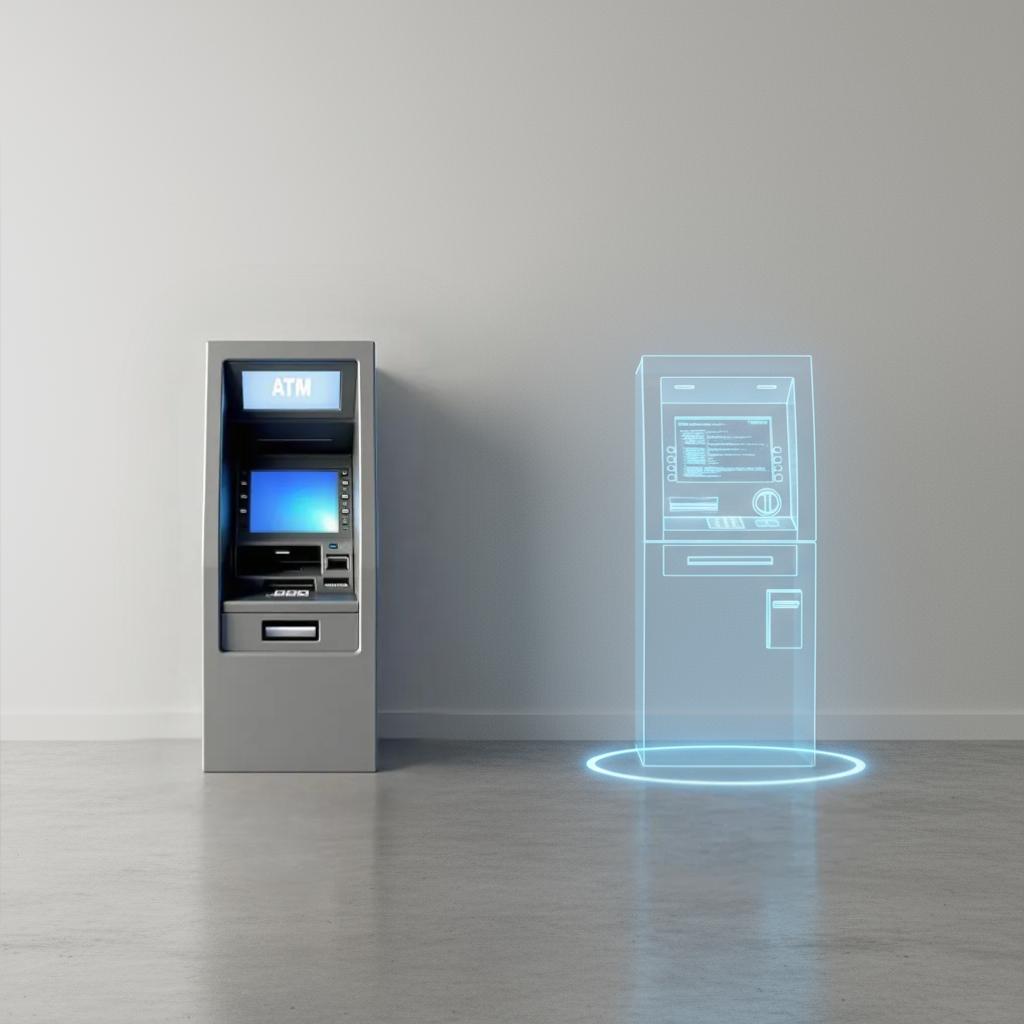An Automated Teller Machine (ATM) lab is the environment where self-service applications are developed and validated — device integration (card readers, printers, cash recyclers), workflow verification, regression testing, fault reproduction, and evidence generation for QA and the business. These activities are critical to ensuring application quality.
Advantages of a Virtual ATM Lab
-Automate test suites. Run hundreds of scheduled, repeatable tests without physical intervention, speeding up regression testing and eliminating human error.
-Lower cost than a physical lab. Removing dependence on physical hardware reduces acquisition, maintenance, and logistics costs.
-Enables remote work. As a web-based solution, the team can run and monitor tests from anywhere, making remote collaboration easy.
-Automated reporting. Automatic result validation and generation of technical and executive reports with evidence (screenshots, receipts, logs).
-Comprehensive simulation and error control. Emulate specific XFS responses and device failures to reproduce complex scenarios that are hard to force with physical hardware.
-CI/CD integration. APIs allow tests to be invoked from pipelines, automating validation within your continuous delivery process.
-Multi-user, isolated environments. Supports roles and separate lab spaces for different teams or organizations.
-Evidence and traceability for audits. Records tests with visual proof and logs, aiding post-incident analysis and compliance.
-Faster time-to-market. Faster, repeatable testing cycles that reduce development and deployment time. (Real-world implementations report significant reductions in testing time.)
Want to see a virtual ATM in action? Request a demo of Atmirage — our web-based virtual ATM simulator — and we’ll show examples applied to your flows. Email: info@serquo.com
